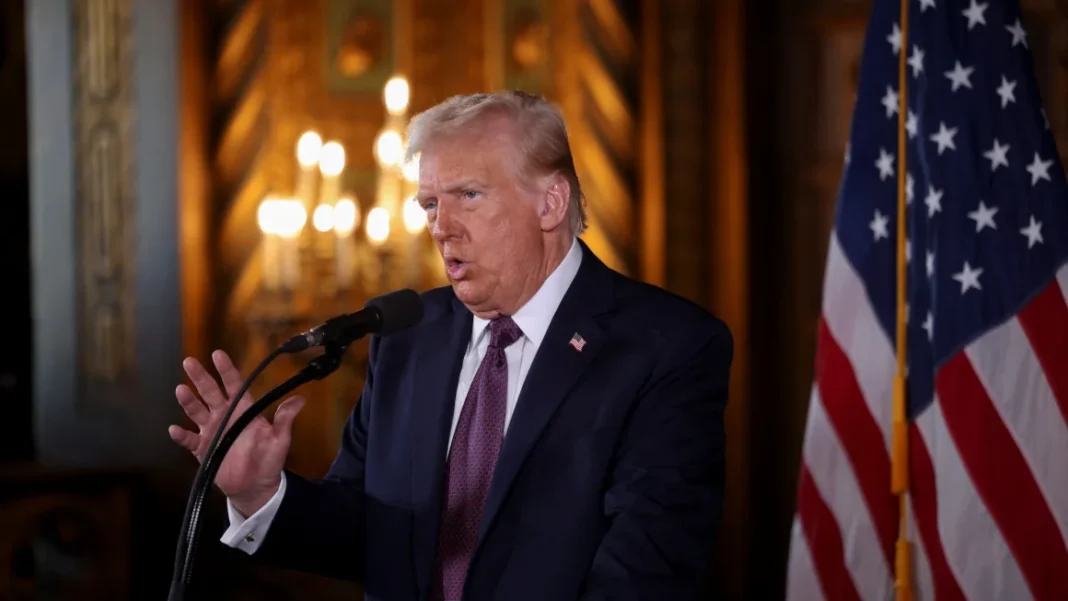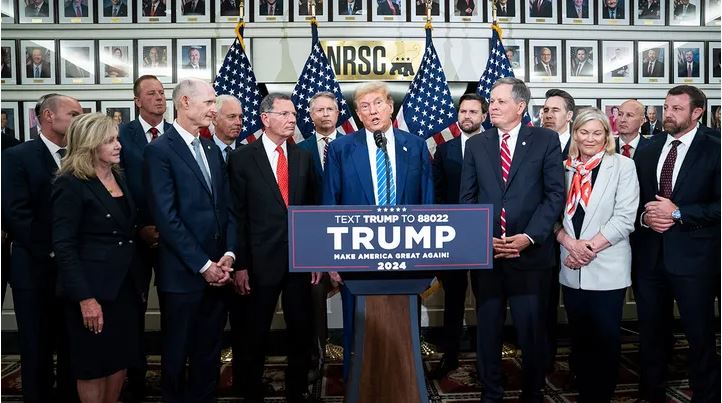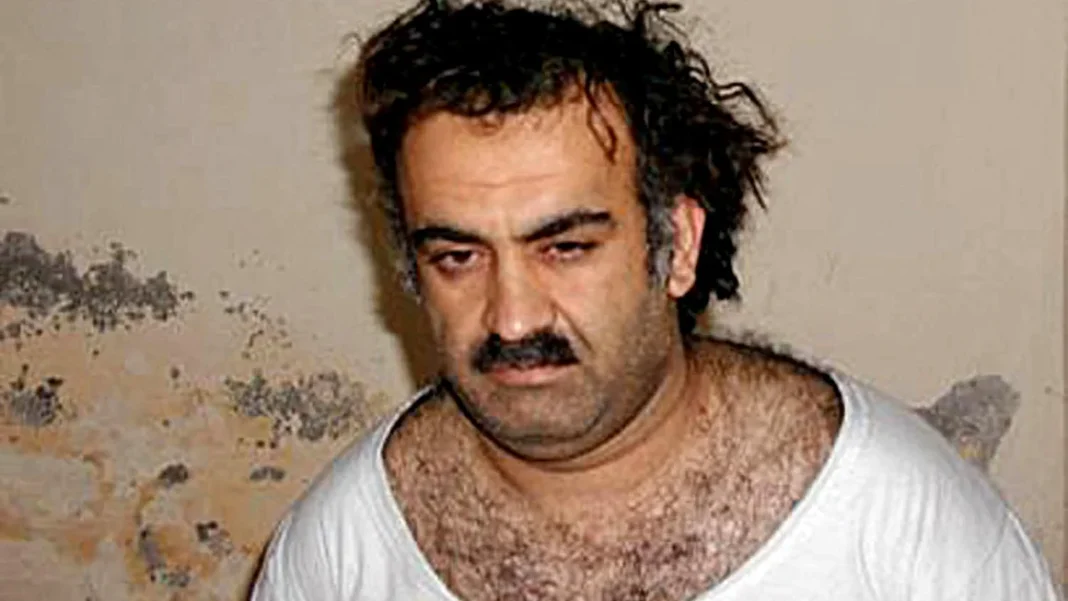As his inauguration looms, President-elect Donald Trump issued a stern warning to Hamas, stating that “all hell will break out” if hostages held in Gaza are not released before January 20. Speaking at a press conference at Mar-a-Lago, Trump emphasized that the October 7, 2023, attack on Israel “should have never happened” and vowed decisive action if progress is not made.
The remarks come amid stalled negotiations for a ceasefire between Israel and Hamas, with Trump’s incoming team stepping into an already fraught process. Steve Witkoff, Trump’s pick for Middle East envoy, expressed optimism about the negotiations, crediting Trump’s reputation for driving progress. However, Biden administration officials remain cautious, citing significant challenges in securing the hostages’ release.
The October 7 attack, which escalated the conflict, has left negotiators racing against the clock. A previous ceasefire led to the release of some hostages, but efforts to secure more have faltered. Trump’s uncompromising stance has drawn global attention, intensifying pressure on Hamas to act.
Adding to the intrigue, Trump made bold statements on other international matters, refusing to rule out “economic force” to annex Greenland and Canada for U.S. economic security. His long-standing interest in these territories has resurfaced, sparking debate over his ambitious foreign policy goals. Trump also criticized past U.S. actions, particularly the Panama Canal treaty, calling it “a disgrace” and pledging to rename the Gulf of Mexico as the Gulf of America.
As Trump prepares to take office, his strong rhetoric signals a dramatic shift in U.S. foreign policy. With his inauguration less than two weeks away, the world watches closely to see how his words translate into action. Will his warnings lead to breakthroughs—or further escalate tensions in the Middle East and beyond?


